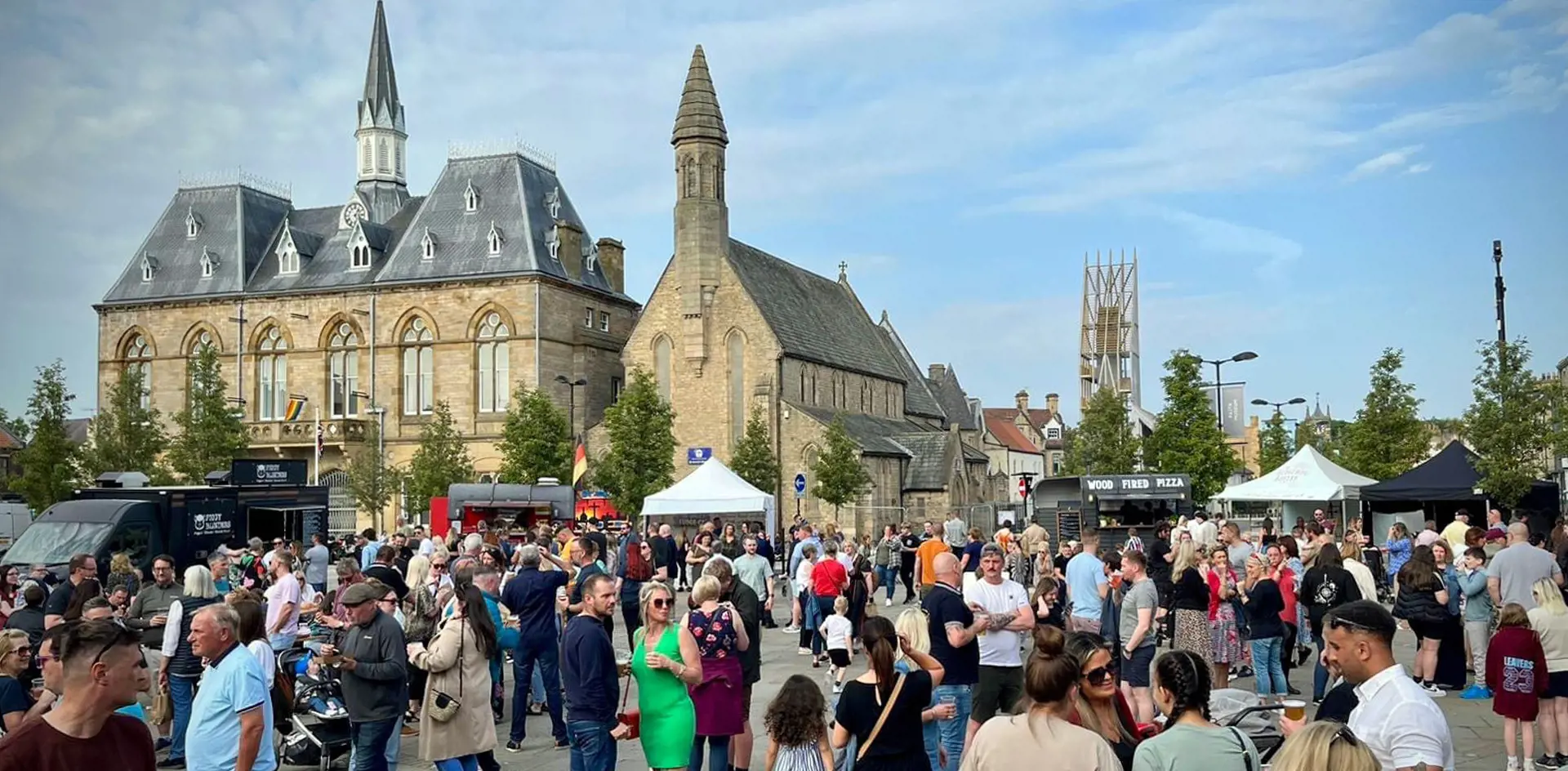North East Mayor Kim McGuinness announced last week that, along with other local leaders, she plans to set up a new High Streets Commission. This was part of the Mayor’s manifesto and reflects her desire to breathe new life into the region’s high streets, making sure all places across the north east benefit from investment. Whilst Steve Rotheram created a similar commission in 2020 for the Liverpool City Region, Kim McGuinness is one of the first regional mayors to set up such an initiative.
Reports suggest that a report to the North East Combined Authority (NECA) Cabinet will recommend backing the Commission, with a Chair and Terms of Reference to be agreed in the Spring. The initial budget to support its work will be £850,000, which is modest - particularly in the context of the £6m fund created by the Liverpool City Region Combined Authority.
However, depending on its success, and the further devolution of power to Mayors, it could be the start of additional funds and strategies for the region’s centres. Despite the ongoing challenges faced by the retail market, they nevertheless remain of fundamental importance, both in economic terms, and as a place for people to come together - to work, play and visit. As Mayor, Kim McGuinness should be applauded for this commitment to seek a further stimulus of the regions town centres.
The national High Streets Task Force was disbanded last year but could this be the north-east equivalent – a standard bearer for devolution. Reports suggest that the Commission will explore how retail, culture, housing, jobs and public transport can help town centres thrive – and so could the money could support north-east experts in these fields working with local authorities?
Further announcements are likely, but there are a range of other initiatives that could be supported by the Mayor – either directly or indirectly. Planning can and should be central to these initiatives. Why not support the development of strategies and investment plans for town centres where these are not currently in place? These could dovetail with investment already being brought forwards as a result of funding streams introduced by the previous Government (such as the Towns Fund, the Future High Streets Fund and Levelling Up Fund). In some locations, strategies are well advanced/being implemented and time is needed to gauge their success (or otherwise) before any further tinkering. See my blog with Jonathan Wallace on
the previous Government’s High Street Improvement Plans Bill (which has not been carried over into the current Parliament) for our thoughts on the importance of a clear plan for our centres.
Supporting diversification and re-purposing our high streets is not a new idea – see Lichfields own Insight on this for
case studies from across the country for more detail – but radical and entrepreneurial thinking is needed in many locations, particularly where the town centre is simply too big for purpose. Recognition of the need for change usually exists, but the changes already being brought forward are often not enough to create new ‘raison d’etre’ for our centres. Improved public transport and/or environmental improvements, for example, are an important part of the equation, but people need a reason to visit in the first place.
Town Centres need to go back to their original purpose as a focal point for economic and community activity if they are going to survive and thrive going forwards. With this in mind, in the north-east we already have some great examples of such radical and entrepreneurial thinking. Although outside of the North East Combined Authority area, an exciting example of this is the new urban park in Stockton-on-Tees, created on the site of a former shopping centre. Other examples include the creation of new cultural or leisure attractions, new workspaces and/or residential developments - all of which generate footfall and create their own demand for other shops and services.
So perhaps the region is the an ideal incubator for a more local High Streets Commission. As long as we ditch outdated ideas of what the high street should be, with local vision, and this strategic support on a regional level, I believe the North East could provide a template for others to follow.



